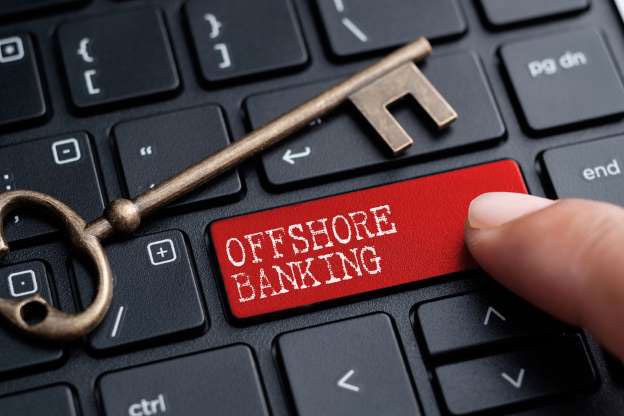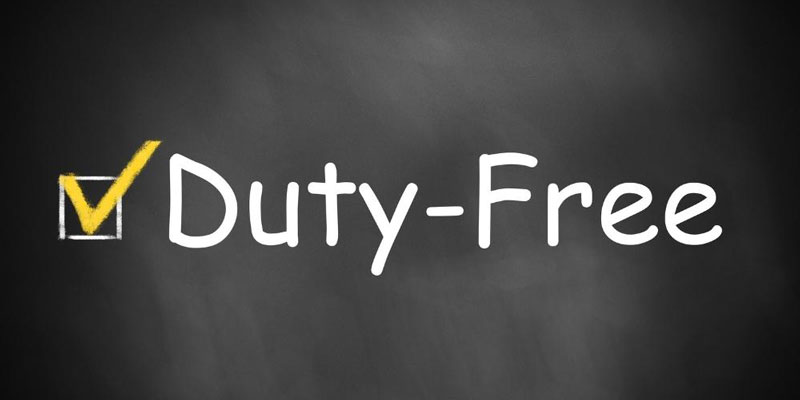Financial sophistication and shady practices are often connected with offshore banking. While this may be the case, the truth is that anyone can create an offshore bank account in a matter of hours. You'll have to dig to figure out the specifics that apply to your circumstance because each offshore bank and the foreign country have their regulations. If you opt to open an offshore bank account, the following is a summary of what you may expect.
What Exactly Is Offshore Banking?
People who bank offshore are doing so in a country other than their own. Offshore banking is often used to characterize overseas financial institutions, enterprises, and investments. Among the most well-known locations for offshore banking include the Cayman Islands, Switzerland, Bermuda, and other nearby locales. However, countries like Mauritius, Dublin, and Belize are less typical destinations for offshore banking.
Offshore banking is usually associated with being wealthy or only being able to be done by a select few. Even though many wealthy people take advantage of these institutions, everyone can do so. Anyone from the United States with a bank account in Canada is effectively conducting their banking operations outside of the United States.
The term "offshore banking" is often viewed as a bad thing. As a result, many people utilize it as a tool to protect their wealth and evade taxation. Money laundering and tax evasion are two of the more common criminal uses. While these practices may lead to prosecution, jail time, and significant fines, offshore banking does not have to be unlawful. Having an offshore bank is perfectly legal if you run a business in a foreign nation, have investments, or have an account in a place where you spend most of the year.
Offshore banking in a country with favorable tax treatment is another option. You may be able to invest your money tax-free in some countries while still making money.
The Necessary Conditions

An offshore bank account is just like opening a bank account in your own country, except that the process is far more complicated. Offshore banks request personal information such as your name, date of birth, residence, nationality, and job title.
You must submit a copy of your passport, driver's license, or other government-issued ID to verify your personal information. Banks are also worried about validating your domicile or physical address because this could impact taxation. Presenting a utility bill or a document of a similar nature can meet this criterion.
Banks will verify the authenticity of any document you submit, regardless of the type. In rare circumstances, a notarized copy of the original document may be sufficient. Some offshore centers prefer a different sort of certification mark, such as an apostille stamp. This stamp can only be obtained from a state or national government entity that is authorized to do so.
Additional Documents for Verification

With an offshore bank, there are frequently many more requirements to create an account. These regulations discourage money laundering, and other illicit acts related to offshore banking are discouraged by these regulations.
Offshore banks may request financial reference documentation from your existing bank to verify your financial stability. In most cases, bank statements from the past six to 12 months are sufficient.
Second, most offshore banks inquire as to the intended nature of the account's transactions. Offshore banking hubs are under increased pressure to stop unlawful activities, which may seem intrusive at first glance. Most offshore banks want additional documents to prove the origins of your deposit monies.
If you're depositing money from your company into the account, you'll likely only need a copy of your most recent pay stub. An offshore bank may request information regarding your investments and the locations where they are kept to verify your investment income.
You may be required to submit sales contracts or other related paperwork for company or real estate transactions. A letter from your insurance company may be required if you deposit money from an insurance contract. The bank may request a letter from the estate administrator certifying that your money is the result of an inheritance.
Depositing to an Offshore Bank Account
To fund an offshore bank account, wire transfers are typically used. Systems that allow for free electronic transfers in domestic banks cannot usually move money internationally, which is a real shame.
Even though sending or receiving money through wire transfer is simple, practically all banks impose international wire transfer fees. Wire transfer rates vary from bank to bank, so shop for the best offer.
There aren't many more options, which is a shame. To deposit monies in person regularly is impracticable because domestic checks are not accepted in foreign jurisdictions.
The Bottom Line
Despite the enigma surrounding them, opening an account at an offshore bank is pretty straightforward. Aside from completing the necessary papers and submitting the necessary proof of identification, nothing else is needed to demonstrate that you won't be using the account for illicit purposes.
Withdrawing and depositing money is a little more challenging, but the best options become evident as you explore the options. Consult a tax specialist before opening an offshore bank account or receiving international wire transfers to verify that you comply with all applicable tax laws at home and abroad.



